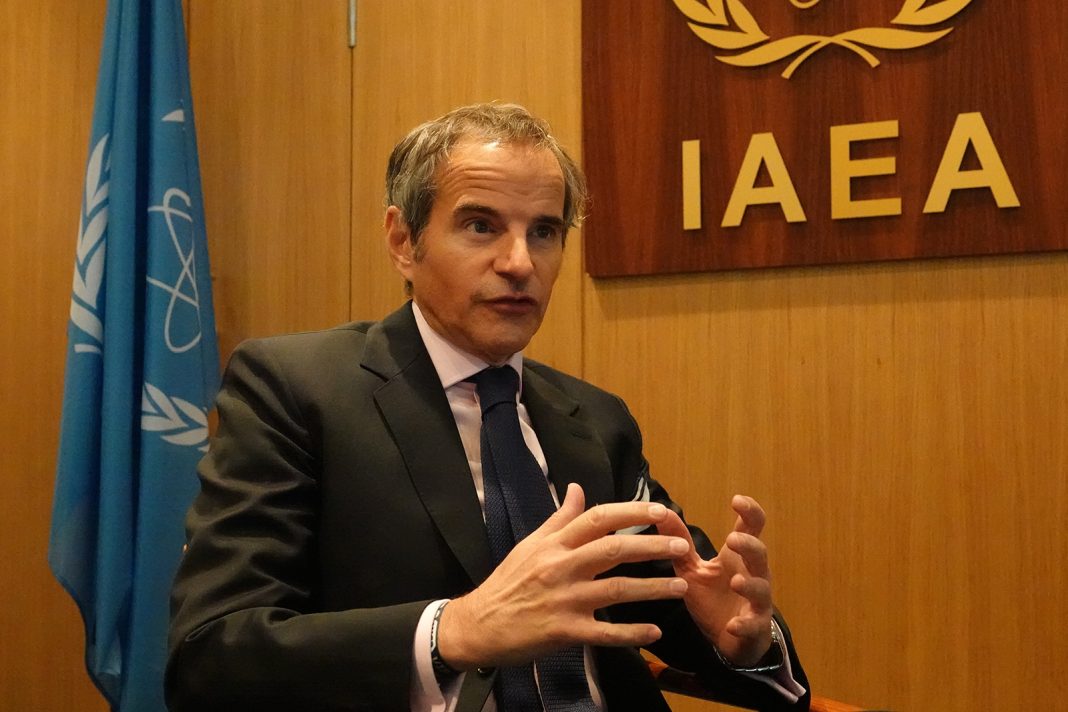“I believe we need to return to diplomacy,” Grossi said in an interview with Russian newspaper Izvestia.
“We had the JCPOA, but now it’s just a paper agreement that nobody is adhering to.”
“There have been attempts to revive it here in Vienna, but unfortunately, despite coming close to success, they fell through for reasons unknown to me, as I wasn’t directly involved in the process. It’s no surprise that the US and Iran are blaming each other for its failure,” he remarked.
The IAEA chief stressed the importance of avoiding a repeat of the North Korean scenario, where decades of negotiations ultimately proved futile.
Grossi also confirmed ongoing difficulties with gaining access to Iranian nuclear facilities.
The JCPOA was a multilateral international agreement signed between Iran and five permanent members of the United Nations Security Council plus Germany in 2015, which required Iran to scale back some of its nuclear activities in return for the lifting of cruel sanctions imposed on the country, especially by the United States.
However, former US President Donald Trump pulled Washington out of the UNSC-endorsed agreement in May 2018, imposing severe economic sanctions against Tehran while Iran was adhering to its commitments under the deal and even continued to do so for a year after the US withdrawal.
Tehran started to reduce its commitments under the deal in a series of pre-announced and clear steps after witnessing the other parties’ failure to secure its interests under the agreement.
The Strategic Action Plan to Counter Sanctions law was adopted by Iranian lawmakers in December 2020 to counter sanctions imposed on Iran by the United States and its Western allies, and to promote the country’s peaceful nuclear program.
Under the parliament’s law, the Iranian administration is required to restrict the IAEA’s inspections and accelerate the development of the country’s nuclear program beyond the limits set under the JCPOA.
